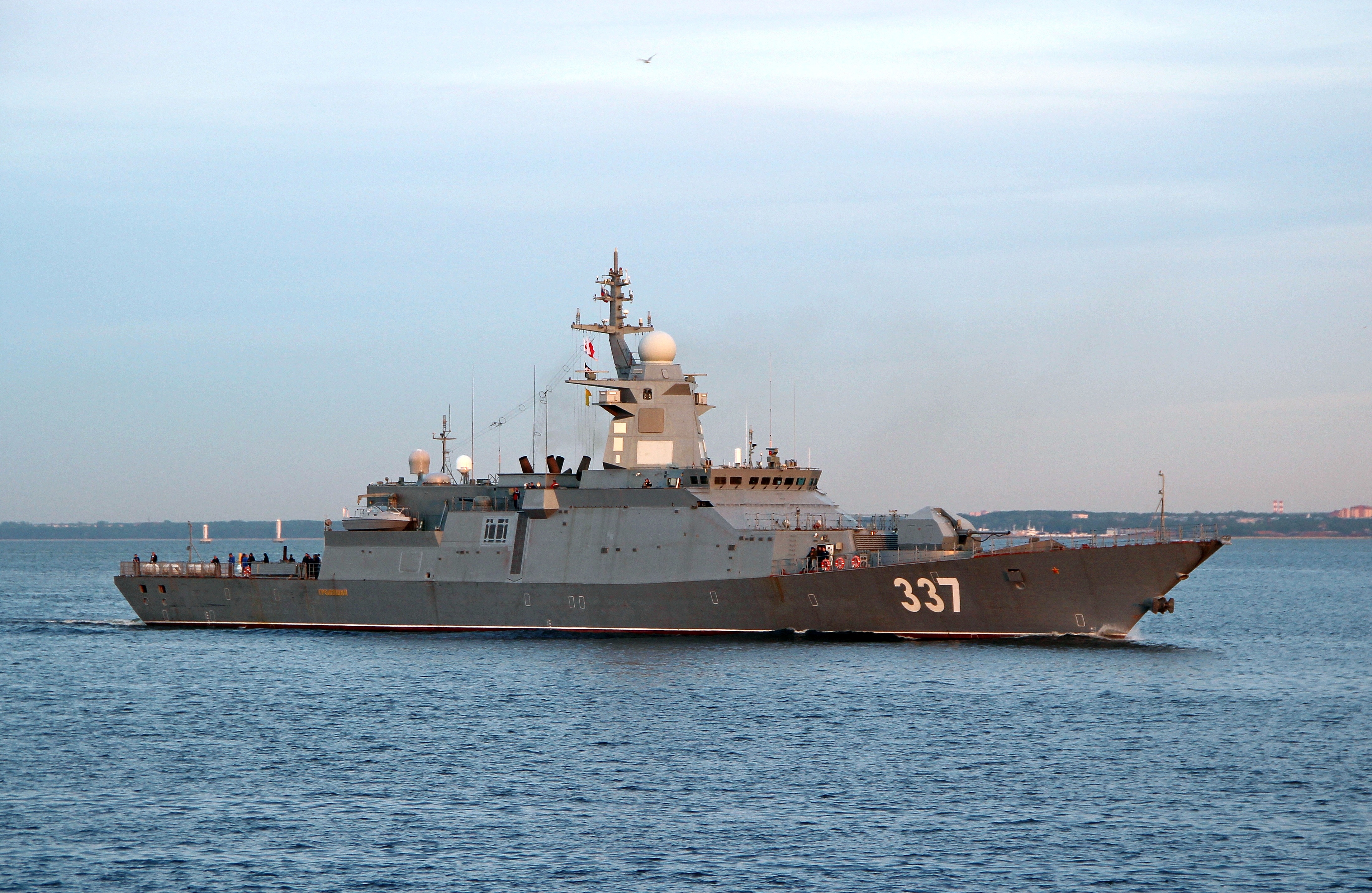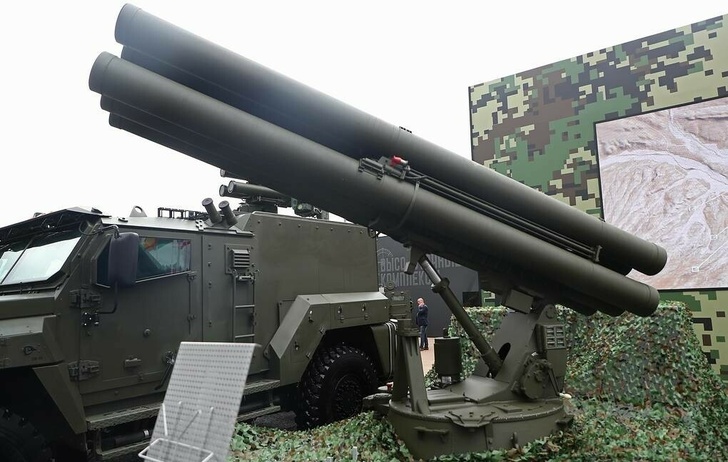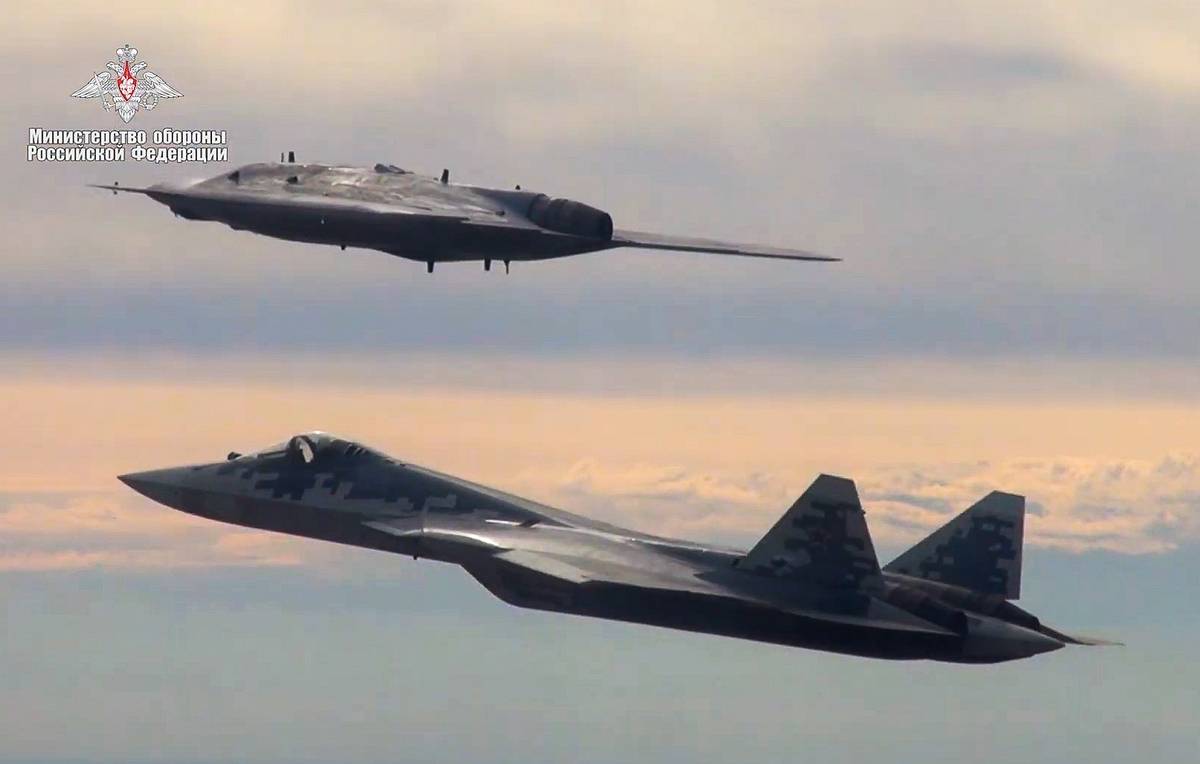Because one has to wonder why so many Russian Navy-related publications in a short period in the US media. It is one thing when some ignoramus such as David Axe writes all kind of Clanciesque drivel, totally another when retired Captain of US Naval Reserve and an intelligence "professional" Bradford Dismukes who marked his "presence" in 1979 by editing some monograph titled Soviet Naval Diplomacy, which, I am sure, had about the same academic "impact" as another similar fantasy by retired admiral Robert Hanks titled The Unnoticed Challenge: Soviet Maritime Strategy and the Global Choke Points. Pretty much same drivel based on wrong assumptions and very wrong intelligence about Soviet Union on general and the Soviet Navy in particular. Enter Summer of 2020.
First, Dismukes publishes a meandering piece in Naval war College Review where he bloviates on the issue of a "strategic ASW" which is a pain in the ass issue because, while classic mathematics of the ASW didn't change much, weapons and platforms which carry these weapons did. With this change came reconfiguration of the battle-space for subs, which, of course, changes things on operational level. Well, on a strategic one too. This new reality, however, did not deter Dismukes who arrives to a very peculiar conclusion in his piece in NWCR. While lamenting, correctly, the failure of US "intelligence" on Soviet Navy (what's new?) and its intentions, he states:
Today’s planning for the wartime security of lines of communication in the North Atlantic shows a strong continuity with that of the Cold War, expressed in historical metaphor redolent of that continuity. The mission statement of the new NATO Joint Force Command in Norfolk includes that the command will “help protect sea lines of communication between North America and Europe, in a ‘Fourth Battle of the Atlantic.’” Recent comments by senior Navy officials have made clear that, if there should be a “Fourth Battle of the Atlantic,” it will be fought against the Russian navy, which obviously would have to come out to fight it. Unfortunately, this line of argument comes dangerously close to echoing the errors of the Cold War. The Soviet navy never was coming out to fight, and the smaller, less capable Russian navy is even less likely to do so. One presumes that the aim of stating, nonetheless, the existence of a possible, even likely, concrete Russian threat to the SLOCs reflects non-threat-related objectives: to promote alliance solidarity and build political and public support in the United States for needed Navy programs.
I don't know what this "naval intelligence" officer is getting at but the truth is, the interdiction of SLOCs was one of five main strategic tasks of the Soviet Navy which did have not only the largest submarine fleet in the world, bust since 1970s was developing fast cutting edge platforms and weapons precisely for cutting off supplies from the United States to Europe which was viewed as a main theater of operations. Dismukes case is highly unconvincing in terms of his accent and he, in the end, admits that:
These objectives remain as legitimate as they were during the Cold War. However, seeking to promote them by deviating from reality-based planning is unlikely to be effective. First, public support may be difficult to sustain in the face of criticism that the Navy is distorting reality on behalf of the service’s self-interests. Second, the time-honored principle that the planner above all must defend his own vulnerabilities provides fully sufficient grounds for acquiring needed forces and exercising them to maintain their readiness. The greatest American vulnerability at sea continues to be control of the North Atlantic (with regard to SLOCs, undersea cables, and possible future strategic conventional or nuclear threats to the continental United States). Moreover, that control remains an essential condition for the integrity of the alliance.
OK, fine. Reasonable enough. After all, the reason why these guys Elmo Zumwalt and Stansfield Turner were working on Project 60, which was in a effect a program of the US Navy's modernization to fight precisely on SLOCs against Soviet Navy explains that they knew about "greatest American vulnerability" and that the Soviet Navy will "come out" to fight. But after this logical loop Dismukes, trying to present himself as a "reality-based" planner, produces a scenario of such a scale of delusion that one who followed my writing for years may finally calm down and exhale: whew, everything is back to normal US wet fantasies and distortion of the reality in the military and intelligence sphere, which long ago became a hallmark of American intellectual and professional decline. To understand why it is so, Dismukes, who allegedly should be much better prepared to speak professional language than ignorant David Axe, comes up with this "brilliant" assessment:
Most importantly, the emerging strategic situation provides an alternative, offensive strategic use for forces that complements and promotes traditional SLOC defense. The rapid globalization of the world economy has made Russia far more dependent on the sea than in the past for the growth of its economy, in keeping with its aspirations as a great power. This suggests that the United States and its allies should adopt a blockade strategy in response. Neither Russia nor any other nation can use the surface of the world ocean except at the sufferance of the United States and its allies. In this sense, the West can be said to enjoy global command of the sea.
This is one of those face-palm moments at which one has to ask Dismukes about how exactly does he view a real war, or real operations? Surely, one may play with all kinds of scenarios, including Russian and US navies combined operations to fight off alien invasion, but Dismukes obviously fails to understand that in fact, "rapid globalization" pushed Russia towards much greater self-reliance in economy and launched the process of "moving" main energy supply arteries deep within Eurasian land-mass, making them invulnerable for American meddling and attempts to sabotage them. Surely, Russia still uses SLOCs, including for delivery of the cargoes such as grain around the globe, but, if anything else Russia's use of SLOCs is not what Dismukes thinks it is:
The potential vulnerability of these assets should be exploited—for deterrence; for crisis response; or, if war is unavoidable, to fight and terminate it successfully. Let us examine briefly two examples of a blockade strategy in action—recognizing that blockade is likely to be more effective in “small war” situations, where the political stakes and the scale of military operations are limited.
At this stage, to understand why Dismukes goes into this kind of teenage level "scenarios", one should look at his biography which reveals that he is a Cold War 1.0 hawk who is stuck at the level of platforms, weapons and operations of 1980s, or 1990s at the most. Drawing strategic "lessons" from different era and circumstances and trying to apply them to the state of modern Real Revolution in Military Affairs is a fool's errand. We are not living in 1980s anymore and for Dismukes to really come face-to-face to the reality, he should recall that modern ASW, especially along well protected SLOCs Russia uses primarily, those being for once well within the ranges of Russia's combat aviation, but there is a gigantic difference between 110 kilometer range Mach=0.9 P-120 Malakhit anti-shipping missile of 1960s design, and M=2.6, 800 kilometer range (domestic version) of P-800 Onyx, just one example. For some reason Dismukes doesn't want to calculate--the only legitimate way of making any case on be that strategic ASW or "SLOC defense".
Here is the example of proper presentation of the case. Recall The Proceedings' piece by Andrew Metrick last year. Here is a professional who, instead of waxing "strategic", gives concrete numbers which define a direct variation of complications for a "defending" side with the growth of the range of salvo.
Simple as that. It also becomes a truism that appearance of any hostile surface force within the range between 2 to 3,000 kilometers from Russian shores, a precise distance within which most of Russia's SLOCs are located, makes this hostile force, let's be direct here, a sitting duck for a variety of strike means Russian Armed Forces can bring to bear. That brings us to main point--how Dismukes sees, say, operations of US Navy at Northern Sea Route, trying to enforce a "blockade"--an act of war, mind you--there, or even in Mediterranean? Last time I checked, no US air defense system is good enough for intercepting a salvo of modern supersonic, let alone hypersonic, anti-shipping missiles and DOES NOT solve the main issue of surface warfare--a problem of a leaker (or leakers). Dismukes forgets that it is August of 2020, not August of 1985. Things changed, dramatically at that. I also "liked" a paragraph where Dismukes suggests not to "touch" Russia's SSBNs. Goodness gracious.
And here is the point, what the hell is going on in US media, especially Forbes, which publishes utter delirium from David Axe, now Dismukes with scenarios which are based on a number of utterly false assumptions and, frankly, childish wet dreams, as if not understanding a relation between ranges of modern weapons and required forces and operational sweeps to at least have a chance against a single sub armed with modern ASMs. What about two of them, what about three? Forget Russia's long-range aviation capable to wipe out any force in the ocean without even nearing farthest edges of air defense zones of any US CBG, forget about sinking de facto indefensible convoys. Is there something which is being put in the water that we have this one after another ridiculous pieces of mental masturbation? In the end, does Dismukes even understand how the world changed and with it changed a technology of sinking fleets. What is forgivable for a comic books' "artists" who has issues with basic understanding of arithmetic, is absolutely inadmissible for a person who is a naval "intelligence" professional, who, evidently, got stuck in 1980s and cannot face a reality of modern war.

But I am sure Mr. Dismukes knows all that.
P.S. A classic case of intelligence operations is to publish some utter rubbish in media and expect the other side start debunking it hoping for it to "spill the beans". Oldest trick in the book even teenagers know about. Could this stream of BS be of this nature? Possible but I don't think it is the case here--most of it fits perfectly a general picture of insufferable butt-hurt and self-medicating.





